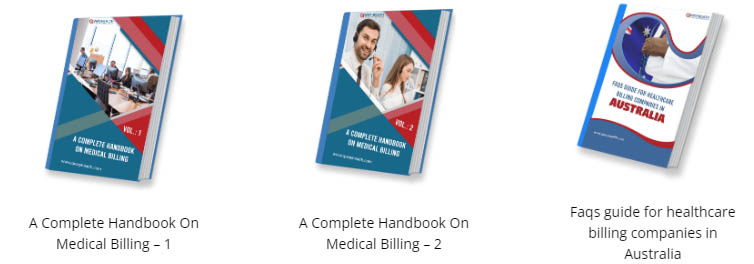The Place of Service (POS) are the codes required for professional billing and submission of each claim on a CMS- 1500 or equivalent. These are used by CMS, Medicaid, and other private insurers to highlight the sale of medically related items and services for a patient. To maintain a less denial rate and higher reimbursement rates it is indispensable to record the right POS code.
Now, there are two things to note here; one is facility setting and the other is non facility setting. Payment differential refers to different rates paid by different sites when services are provided separately in the above mentioned facilities. For instance, the facility rate will be used if the service is provided to an inpatient or an outpatient irrespective of the face-to-face encounter.
Rates are the same when it comes to billing the professional component (PC) and is independent of POS codes. The use of POS code determines the rate at which the health providers will be paid for the services rendered to the beneficiary and also to identify the settings in which it received the treatment or had a face-to-face encounter.
Why does professional coding and billing services help?
1. Sometimes, the billers are unaware of the services being provided whether, on-campus or off-campus as the providers don’t specifically inform the billers about the same resulting in using the office codes rather than the place of actual service code.
2. Many times coders and billers are unaware of the rules of assigning the codes whether the service has been provided in the office or out-patient department. A higher Medicare/Medicaid payment is made to office codes than the out-patient department. If the POS codes are submitted from different places of service rather than the actual it will come under “false claims”.
3. Many of the providers are even unaware of the POS codes citing they never knew about it which results in loss of revenue and lower reimbursements of the claims.
Medical billing and coding is a vital component for submitting medical claims to insurance companies. It is important to use the correct codes as it will have a direct impact on compensation to be received from the insurers.
Let’s dive in deep about the out-patient and in-patient settings and take a closer look at POS codes and their usage in determining the claim payments:
Place of Service (POS) 11:
According to CMS, Place of Service (POS) 11 refers to location, other than a hospital, skilled nursing facility (SNF), military treatment facility, community health center, State or local public health clinic, or intermediate care facility (ICF), where the health professional routinely provides health examinations, diagnosis, and treatment of illness or injury on an ambulatory basis.
Let’s evaluate the scenarios in which we need to choose POS 22 or 11 for professional claims.
When we talk about “On Campus- Out patient” we need to check if the hospital has its own space, have employed the staff along with all the expenses then we will be reporting with POS 22. When POS 22 is used it will result in less reimbursement for the provider as the overhead responsibility is entirely borne by the hospital and the claim will be submitted by the hospital for facility use.
When a physician’s office is separately maintained and located on the hospital grounds, we report the claim with POS 11.
Here, two factors need to be taken into account:
- If the physician pays the facility’s employees and rents out of their own physician revenues.
- Then, physician organizations must have a distinct Tax ID from the hospital to make their professional claims.
Place of Service (POS) 22:
Place of service 22 is used when the procedure is performed in “On Campus- Outpatient Hospital”.
According to CMS, On campus here means a portion of a hospital’s main campus which provides diagnostic, therapeutic (both surgical and nonsurgical), and rehabilitation services to sick or injured persons who do not require hospitalization or institutionalization.
When the patient does not require formal hospitalization, the patient requires treatments performed outside the hospital setting; then, the patient is called an outpatient. If the unit falls under 250 yards from the main hospital campus it is referred to as a hospital outpatient unit.
Off campus refers to a portion of an off-campus hospital provider based department which provides diagnostic, therapeutic (both surgical and nonsurgical), and rehabilitation services to sick or injured persons who do not require hospitalization or institutionalization.
Inpatient here refers to a facility, other than psychiatric, which primarily provides diagnostic, therapeutic (both surgical and nonsurgical), and rehabilitation services by, or under, the supervision of physicians to patients admitted for a variety of medical conditions.
Make a note that health providers must verify which type of facility he/she performs work instead of making an assumption. One should not be fooled and instead should find out from the chief financial officer of the facility how it was registered with Medicare/Medicaid.
POS 22 must only be used for the services rendered to patients registered as hospital outpatients in on-campus hospital outpatient departments, while POS 19 must be used for professional claims made for services provided to patients registered as hospital outpatients in off-campus departments.
Hope this information helps you, drop in your comments if you would like to know something.
About QWay Healthcare Inc., QWay Healthcare specializes in providing RCM outsourcing with excellent teams focused on higher rates of A/Rs and medical billing back-office operations with skilled and trained staff. Get in touch with us to know more about revenue management.



